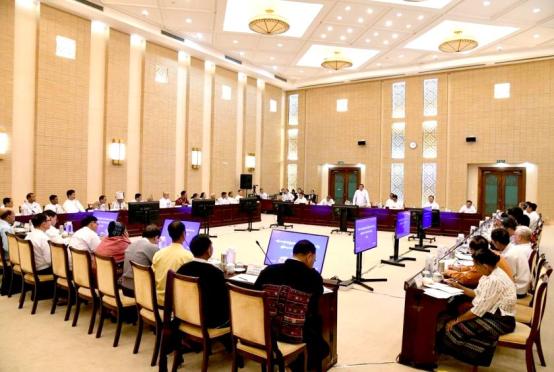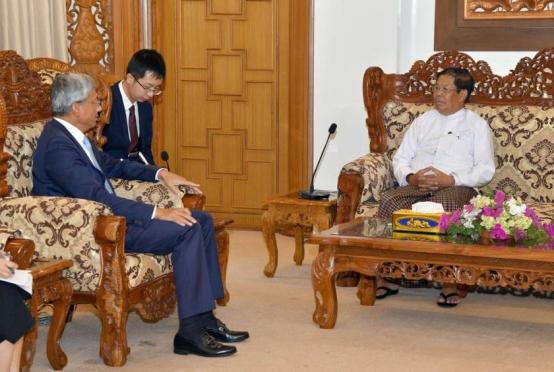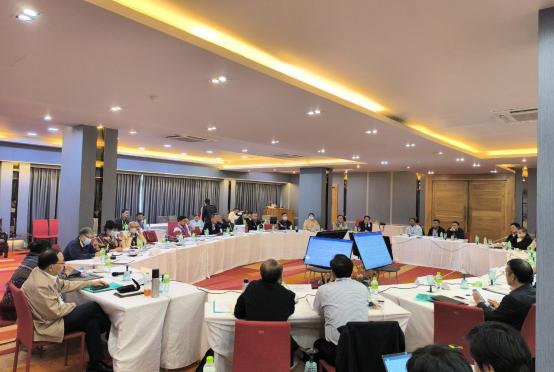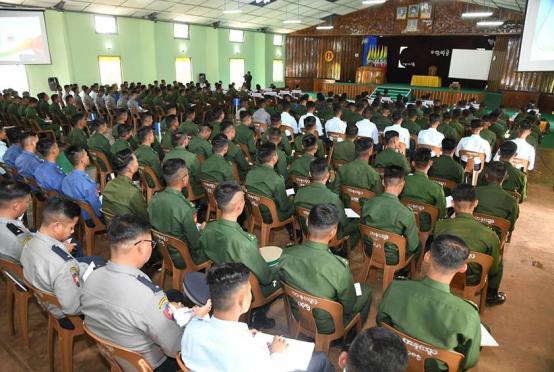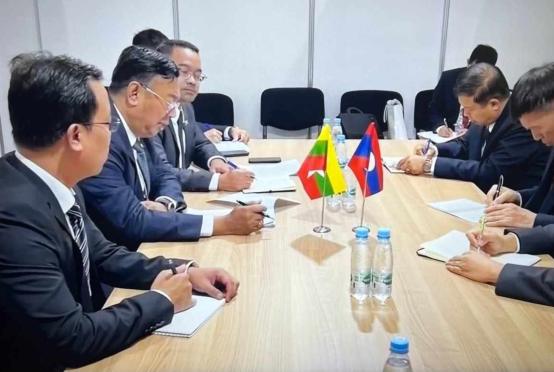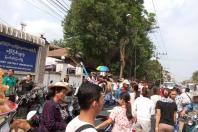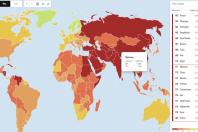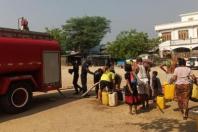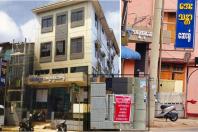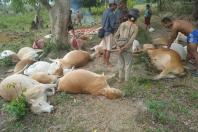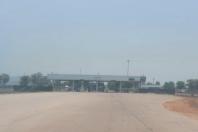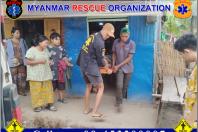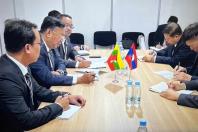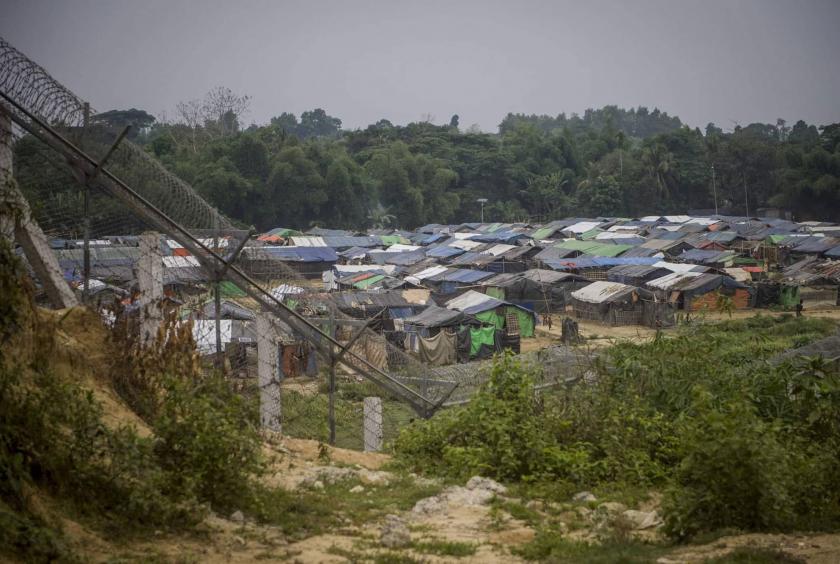
Myanmar opposed the establishment of Fact-Finding Mission (FFM) by the Human Rights Council as it was based on unfounded allegations. We have made our position abundantly clear and we do not recognize the report of the FFM. We adhere firmly to the position that cooperation should be the basis for the resolution of international issues, including that of human rights. We do not believe that economic sanctions will resolve the challenges that need to be overcome, said in the statement issued by the Ministry of Foreign Affairs on August 6.
It is also our principled position that there must be accountability for human rights violations. The Government of Myanmar is addressing the issue of accountability in Rakhine by setting up the Independent Commission of Enquiry (ICoE). The Myanmar Armed Forces has also established its own Commission of Enquiry to address the allegation of human rights violations in northern Rakhine. Thus Myanmar already has in place its national accountability mechanism. We oppose mechanisms that are set up without allowing for national remedies to be exhausted, the statement said.
In setting up the FFM, the Human Rights Council exceeded its mandate and contravened the terms and practices of International Law. We do not recognize either the Fact-Finding Mission or the report that it produced. The Government of Myanmar categorically rejects the latest report and its conclusions. We regard the report as an action intended to harm the interests of Myanmar and its people, and we do not believe that such an action contributes in any way to the resolution of the challenges that the nation faces in Rakine State, the statement said.
We believe that it is through the promotion of rule of law and sustainable development that the challenges in Rakhine will be resolved. Our immediate aim is to concentrate on building social cohesion and creating a secure, prosperous environment where the people of Rakhine can live in peace and harmony, the statement said.
The U.N. Independent International Fact-Finding Mission on Myanmar released a report on August 5. The mission exposed the companies including Max Myanmar, KBZ Group, MEHL and MEC.
The report accused two companies, KBZ Group and Max Myanmar, of helping finance the construction of a barrier fence along the Myanmar-Bangladesh border “knowing that it would contribute to the suffering and anguish associated with preventing the displaced Bengali population from returning to their homes and land.”
The KBZ Group donated US$ 2.2 million to the UEHRD and US$ 2.2 million to Tatmadaw led by the Commander-in-Chief of Defence Services on September 1 and 10 in 2017. Max Myanmar Group donated US$ 654,000 to the UEHRD and US$ 976,857 to Tatmadaw. The finance donated to Tatmadaw includes the construction of a barrier fence along the Myanmar-Bangladesh border and the plan of spending on different matters including repatriation process of the displaced persons, the report said.
The U.N. Independent International Fact-Finding Mission on Myanmar would submit the report to UN Security Council in September in 2019, according to the report of the mission.
The U.N. Independent International Fact-Finding Mission on Myanmar is chaired by Indonesian Mr. Marzuki Darusman and its two members are Sri Lankan Ms. Radhika Coomaraswamy and Australian Mr. Christopher Dominic Sidoti.
Edited by Win Htut

